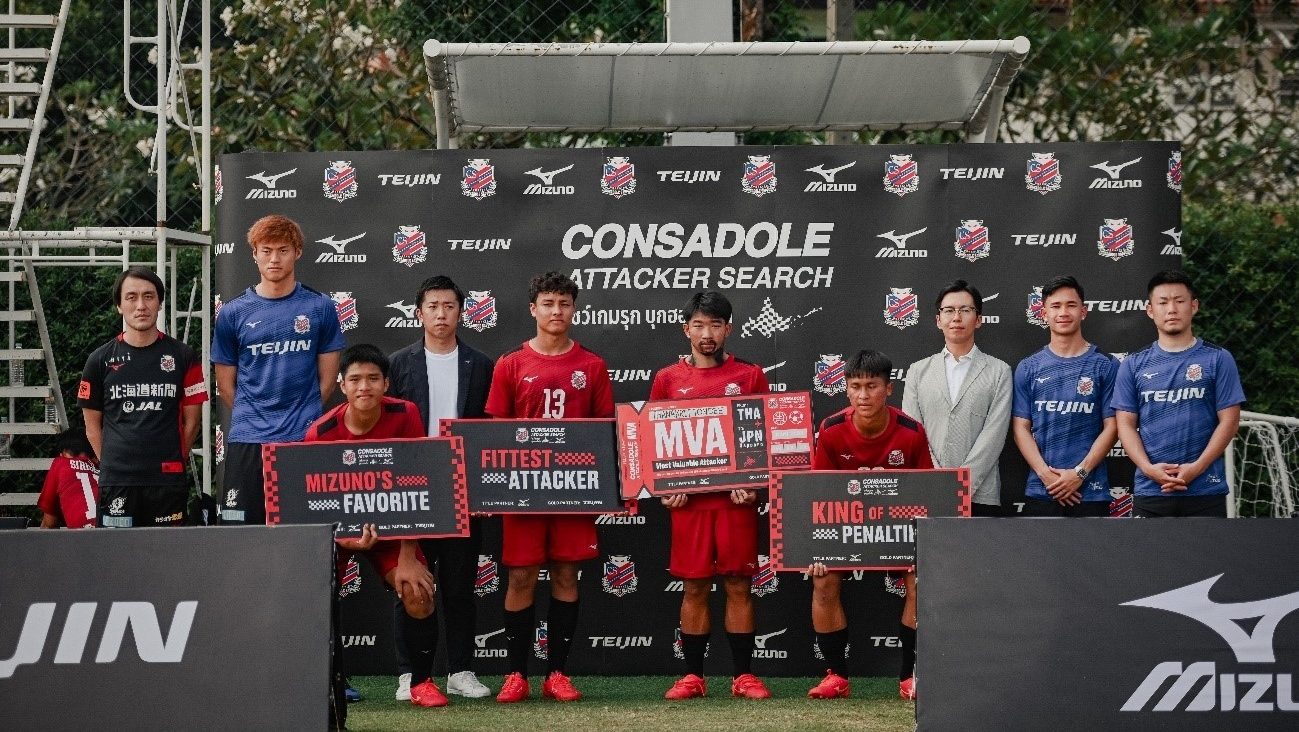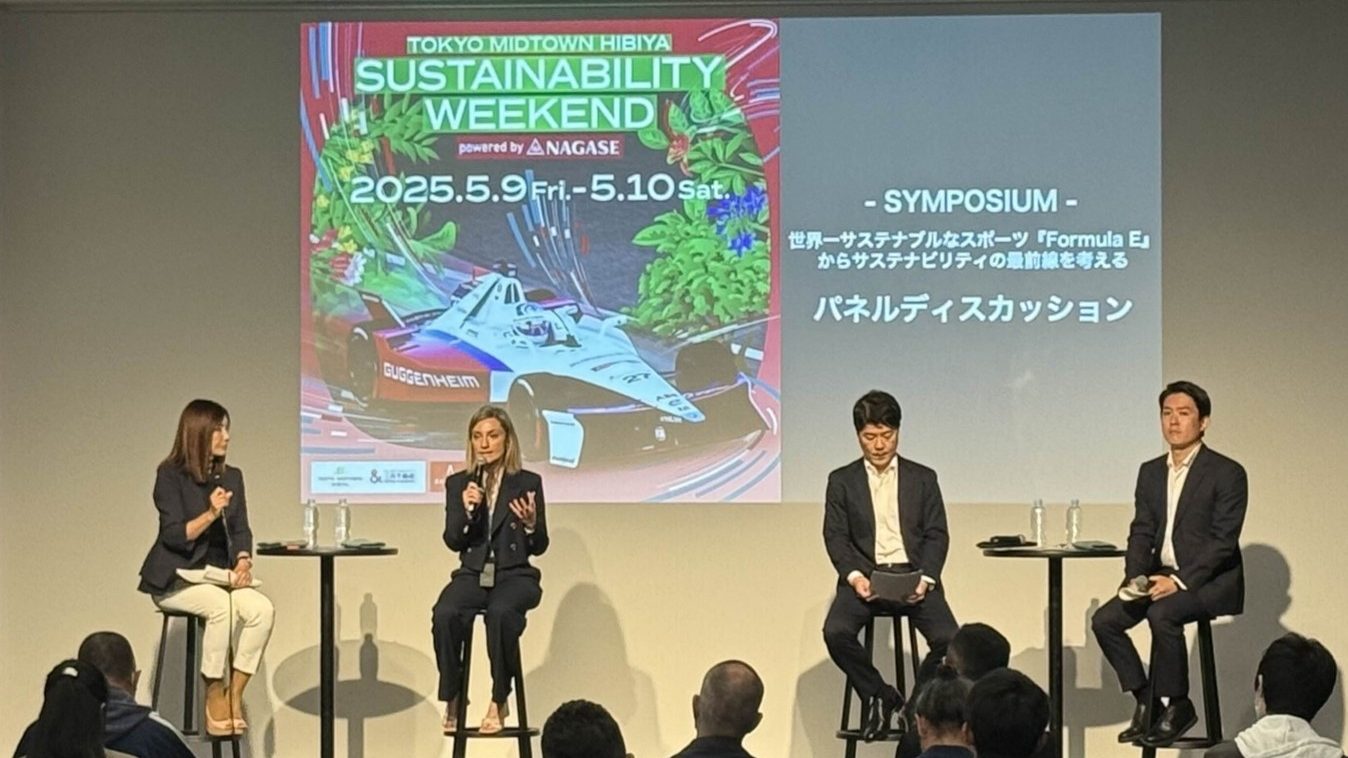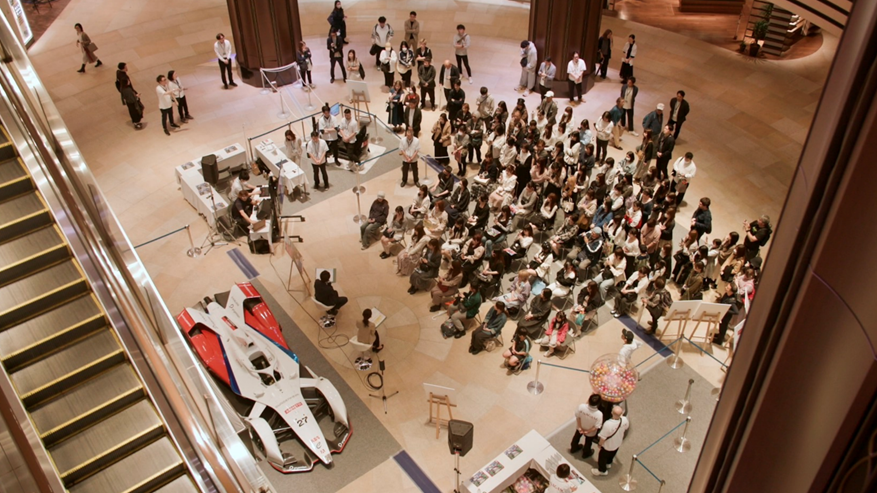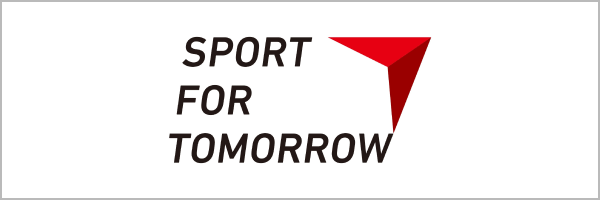
NISHIKAWA SEIKI Co., Ltd. (NISHIKAWA), is a small manufacturing company located in Edogawa Ward, Tokyo, with over 60 years of B-to-B business experience. Its primary offerings include manufacturing and maintenance services for plating equipment and apparatus. When the financial crisis adversely affected its business, the company leveraged its core competencies to venture into the manufacturing of archery handles, a niche market that other Japanese manufacturers had abandoned. This manufacturer revived the traditional “Made in Japan” craftsmanship in archery bow manufacturing in collaboration with industry, government, and academia. With the support of the Japanese government, it participated in overseas exhibitions and focused on promoting sales in the larger overseas archery market, securing major distributor contracts, and being chosen by international archers.
The Small Factory’s Venture into Archery Handles’ Development
NISHIKAWA in Edogawa Ward, Tokyo, is a small manufacturing company with ten employees. Following the 2008 financial crisis, the factory in the Tokyo downtown area faced a downturn due to the withdrawals of its major clients and relocation of their production bases abroad. To survive, it needed to develop new products that would fit the needs of both existing and prospective customers.
Leveraging its core competencies in machining, such as metal and resin cutting with machine tools, sheet metal fabrication, welding, and assembly processing, the traditional factory set out to redefine itself as a research and development company, drawing on decades of accumulated technical prowess.
Among these initiatives, a key focus for the manufacturing company has been the revival of Japanese-made archery equipment, a field that traces its production roots in Japan to Mr. KAWAKAMI Genichi of Yamaha Corporation. Mr. Kawakami previously said, “I want to support Japanese people by Japanese technology and uplift the nation’s standing.” Inspired by his words, NISHIKAWA entered the archery business to revive Japanese-made archery equipment despite Japan’s domestic production had ceased.
Developed a Full-scale Archery Business Collaborating with the Industry, Government, and Academia
For the small-scale company, the foray into high-quality archery equipment manufacturing, especially an area outside its previous experience, presented a formidable challenge. Therefore, NISHIKAWA decided to collaborate with groups that possessed the necessary expertise and formed partnerships between industry, government, and academia.
By combining authentic Japanese-made materials with technical expertise of small and medium-sized enterprises, the downtown manufacturer started the production of Japanese-made archery equipment, supported by the Tokyo Metropolitan Government and Edogawa Ward. A technical advisor with previous experience in archery equipment production was invited, and the company drew on the academic insights of professors from University of Tokyo of the Arts, the University of Electro-Communications, and the Nihon University, specializing in design engineering, fluid mechanics, and precision machine engineering, respectively.
The traditional manufacturing company’s approach to archery equipment development is grounded in the reliable skills of technical experts who have been developing archery products for decades, rather than its individualistic method. However, with these aging experts lacking digital proficiency and their knowledge being person-specific, there is a risk that their knowledge could vanish from Japan.
NISHIKAWA’s unique strategy involves integrating Japan’s heritage of high-quality bow craftsmanship into modern manufacturing utilizing digital technology.
Targeting Larger Global Market Through Partnership with Governmental Organizations
NISHIKAWA primarily focuses on the international market. The company thought that the global market was not only large, but its product could also appeal to those who had praised Japanese-made archery equipment in the past.
The debut product, “SAKURA”, introduced in 2020, was showcased as a sample at the Las Vegas exhibition, where it was welcomed as a resurgence of “Made in Japan”. NISHIKAWA recognized a demand for Japanese products.
As the downtown factory’s R&D efforts progressed, the second and third generations of products were launched. With JETRO (Japan External Trade Organization)’s support, it expanded its marketing efforts in Europe, gradually gaining international acclaim. Success stories include a significant deal with a major Belgian distributor and the adoption of its equipment by a Japanese archer active in Taiwan and archers in France.
To further drive sales, the company needs to streamline production costs, alongside its efforts to refine its products through collaboration with existing archers and partners in industry and academia. The viability of NISHIKAWA’s archery equipment business hinges on achieving lower production cost while maintaining production volumes, continuing to improve through collaboration.
NISHIKAWA is confident in the quality of its products and is committed to its challenge to turn archery equipment business into a sustainable one. Further collaboration with new partners could potentially revitalize Japanese-made archery production with cutting edge SME expertise.
Message from the person-in-charge
“We were able to launch the recurve bows in the market in 2020 thanks to the collaboration and support of many individuals from various circles. in March 2023, we developed for the first time in Japan the compound bows specifically for the Paralympic Games due to the professorial guidance and subsidies facilitated the inheritance of traditional archery equipment manufacturing techniques. We extend our heartfelt gratitude for the invaluable advice and assistance we have received. Our commitment to crafting archery equipment and to its distribution both in Japan and around the world remains steadfast.

Mr. NISHIKAWA Yoshihisa, Representative Director, NISHIKAWA SEIKI Co., Ltd.
#SportingGoods #Archery #Bow #RecurveBow #CompoundBow #DomesticProduction #America #Europe #Taiwan
*Affiliations and titles are as of the time of the interview in February 2023.
Note: This article was originally published in Japanese on Aug 10, 2023. The original article can be accessed here.







